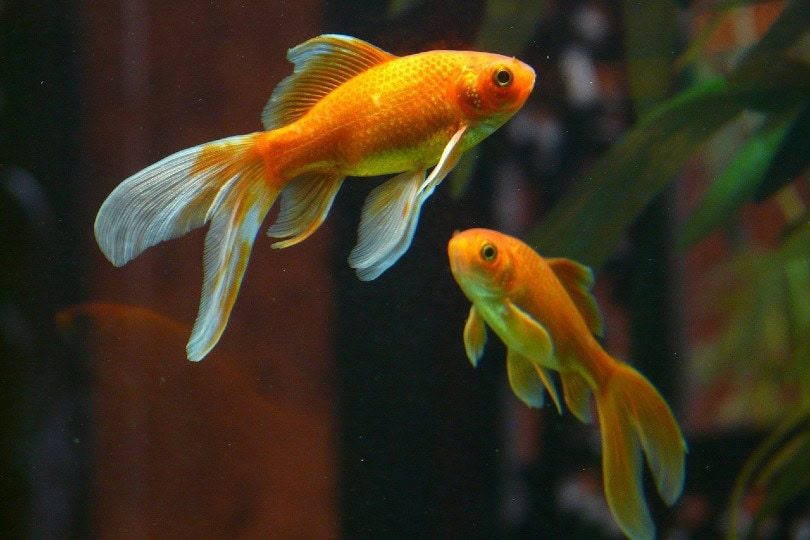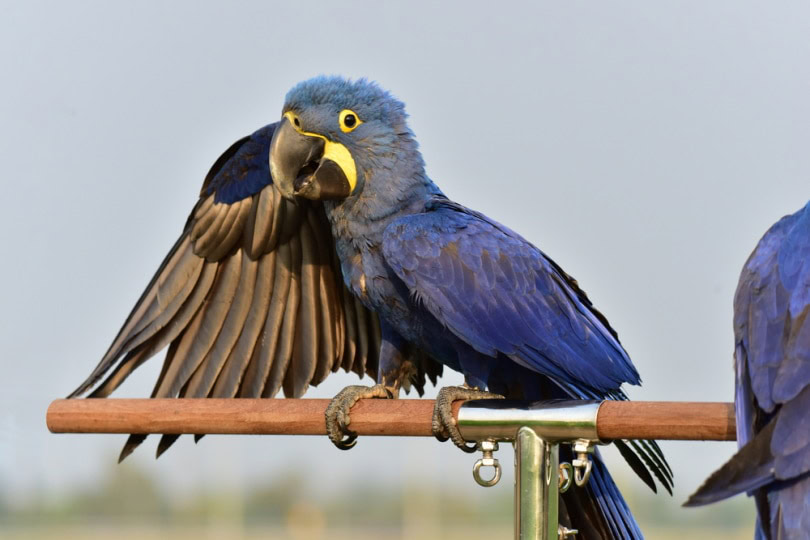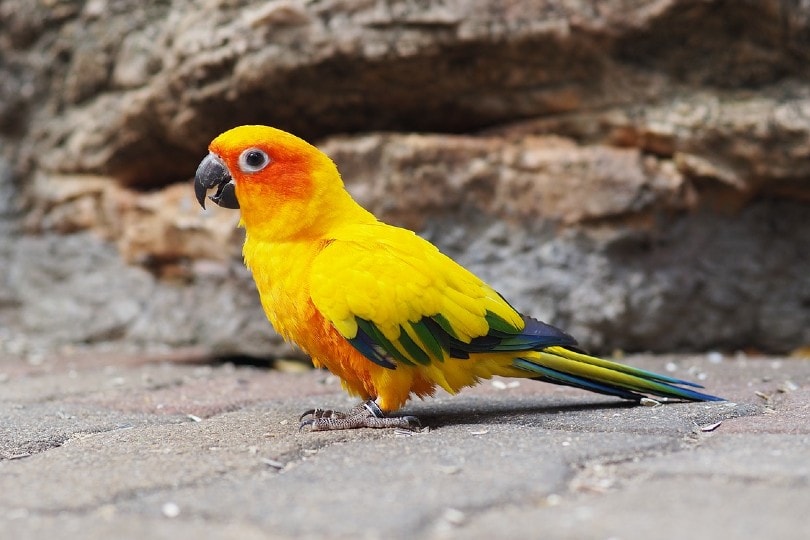Click to Skip Ahead
Goldfish are one of the most common fish that people keep. They are inexpensive and fun to watch, not to mention being one of the hardest fish you can get, making them the ideal companion for beginner fishkeepers. They come in a variety of breeds, all exhibiting different body and fin shapes. They’re also available in a variety of colors and color combinations, allowing them to bring a great deal of interest to your tank. But what is the history of this common fish? Where did the goldfish come from?

Where Did Goldfish Originate?
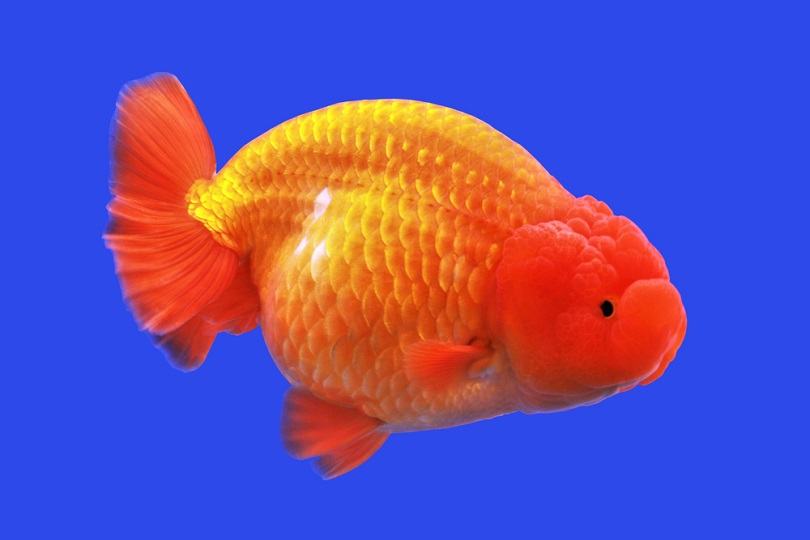
Goldfish are believed to be descendants of the Prussian carp, which to this day looks very goldfish-like in its body shape. They originated in China and began being kept and bred over 1,000 years ago.
Initially, the Chinese began breeding goldfish as a reliable food source. They are easy to breed, reproduce quickly and in large numbers, and can reach large enough sizes to be a decently-sized meal. At some point, the goldfish developed a mutation that allowed them to become far more interesting colors than their bland, gray cousins. These new and exciting colors led the Chinese to begin breeding these fish for pleasure.
When Did Goldfish Leave China?
It wasn’t until the 1500s that goldfish finally made their way outside of China, moving to Japan where they became a beloved national treasure. By the 1700s, goldfish had made their way all the way to Europe. English botanist James Petiver drew the first known English drawing of a goldfish in 1711. By the 1800s, goldfish had made their way to the United States, making an appearance in the 1817 Webster’s Dictionary for the first time.
If you're new to the world of goldfish keeping or are experienced but love to learn more, we highly recommend you check out the best-selling book, The Truth About Goldfish, on Amazon.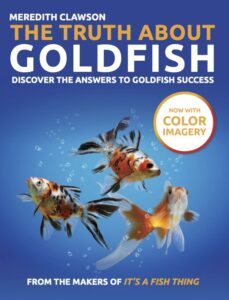
From diagnosing illnesses and providing correct treatments to proper nutrition, tank maintenance and water quality advice, this book will help you to ensure your goldfish are happy and to be the best goldfish keeper you can be.

Did the World Appreciate Goldfish Like the Chinese Did?
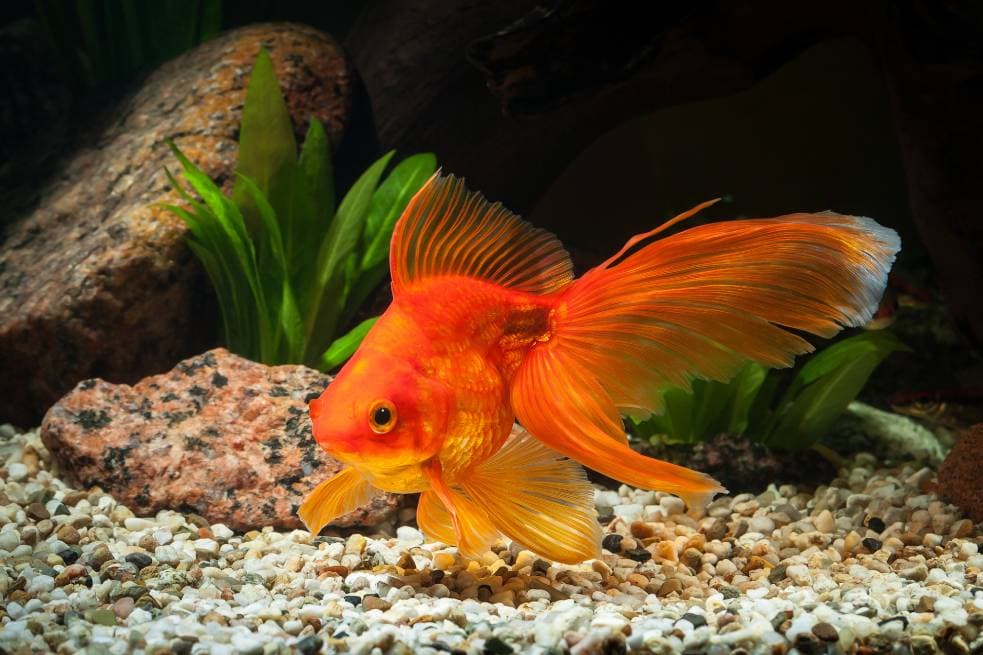
While the Chinese, and eventually the Japanese, treated goldfish with the utmost care, the love for these fish didn’t quite translate to other cultures. In Europe and the United States, these fish began being given away or sold for low prices. Even today, they are often sold as feeder fish for a few cents apiece.
As time has gone on and more people have taken an interest in fishkeeping, goldfish have begun getting more recognition in the Western world. More unusual breeds of goldfish are increasing in popularity, and many people have begun keeping ponds and aquariums specifically for goldfish, even slim-bodied common goldfish breeds.
Goldfish As Scientific Subjects
These hardy fish have been used in over 40,000 scientific studies! Not only are they inexpensive and easy to breed, but they also grow quickly and are good at absorbing substances. Their ability to absorb substances from their environment makes them suitable for various types of studies researching toxin and medication absorption.
They also have far better memories than most people give them credit for. Their ability to learn puzzles and tricks, as well as their ability to recognize people makes them suitable for many types of studies.
- See Also: Celestial Eye Goldfish
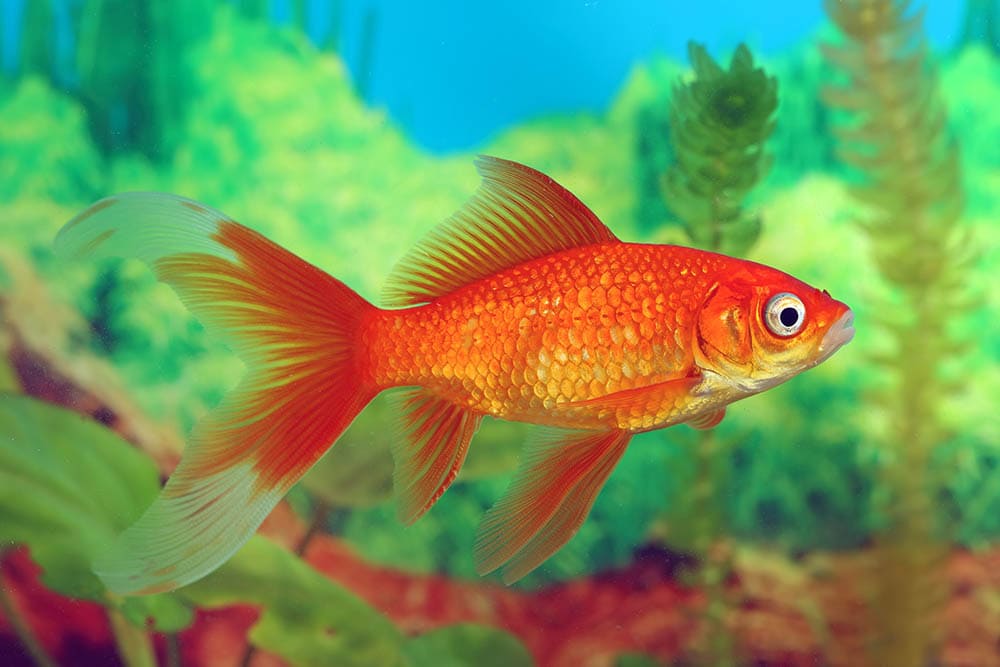
Goldfish As Environmental Nuisances
Unfortunately, many people underestimate multiple aspects of goldfish, including their longevity, ability to survive in harsh environments, and maximum size. Some people who were unprepared for a goldfish have decided to release their goldfish into native waterways, not realizing the ecological impacts that invasive and introduced species can have.
Since goldfish can survive such harsh environments, they have proven to be a serious problem in some areas. They reproduce readily and can reach very large sizes. They are able to outcompete some native species for food, as well as decrease water quality and water visibility, thanks to their scavenging habits that tend to kick up waste and silt from the bottom of bodies of water.
Some areas have had to implement trapping and fishing programs that are working to eliminate the non-native goldfish populations that are taking over native waterways. Releasing captive animals, even native ones, is not a good idea unless you’re a certified rehabber. Otherwise, you are risking introducing diseases into wild animal populations, as well as potentially adding a nuisance animal that can lead to the elimination of native species.

Summary
Goldfish have a long and storied history. They are beautiful fish that are underappreciated by many people, but the appreciation does seem to be growing every day. Goldfish are intelligent and easy to breed, making them suitable for a variety of purposes, including scientific studies. However, they should never be released into native waterways. This also includes ensuring that any goldfish kept in outdoor ponds are not in an area where flooding or other circumstances may lead to them getting out into native waterways.
Featured Image Credit: Hans Braxmeier, Pixabay
